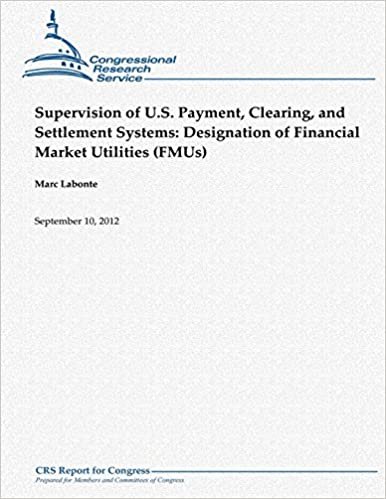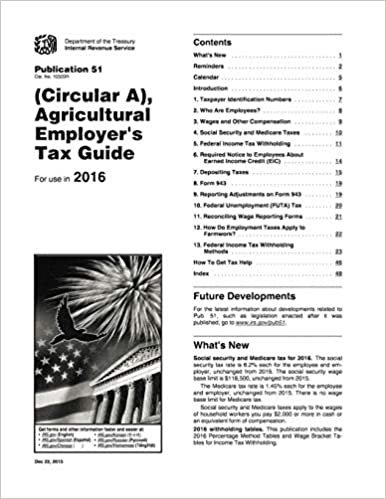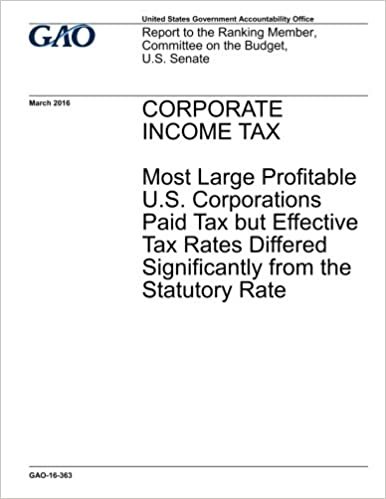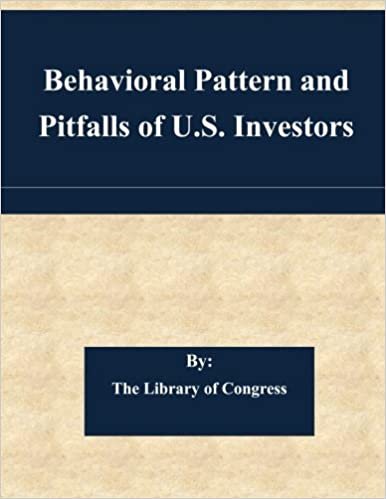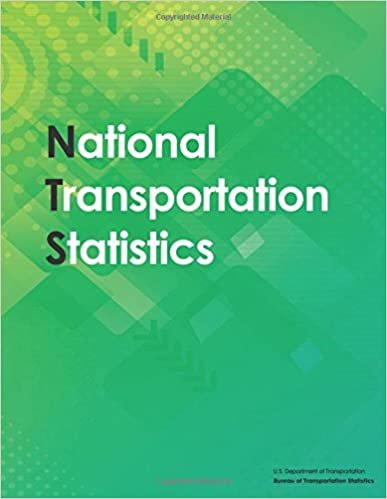Supervision of U.S. Payment, Clearing, and Settlement Systems: Designation of Financial Market Utilities (FMUs)
Taşınabilir belge biçimi (PDF), birçok platformdan hangisine ve bu belgenin hangi uygulamada oluşturulduğuna bakılmaksızın, yazı tiplerini, görüntüleri ve orijinal belgenin düzenini kaydetmenize izin veren evrensel bir dosya biçimidir, bu kitapların depolanması için idealdir Supervision of U.S. Payment, Clearing, and Settlement Systems: Designation of Financial Market Utilities (FMUs) tarafından Marc Labonte. Adobe PDF formatı, Supervision of U.S. Payment, Clearing, and Settlement Systems: Designation of Financial Market Utilities (FMUs) gibi güvenli bir şekilde korunan elektronik belgelerin ve antetli kağıtların ve kitapların çoğaltılması ve değiştirilmesi alanında tanınan küresel standart olarak kabul edilir. Adobe PDF dosyaları küçük ve bağımsızdır; ücretsiz Adobe Reader® yazılımı ile birlikte çalışma, görüntüleme ve yazdırma olanağı sunar. Adobe PDF biçiminin yayınlama ve yazdırma işlemlerinde kullanılması haklıdır, bu nedenle Supervision of U.S. Payment, Clearing, and Settlement Systems: Designation of Financial Market Utilities (FMUs) kitabını bu biçimde indirmenizi öneririz. Adobe PDF'nin birleştirilmiş (kompozit) bir düzeni kaydetme yeteneği sayesinde, yazdırma personelinin bunlardan test baskılarını görüntüleyebileceği, düzenleyebileceği, sıralayabileceği ve alabileceği kompakt ve güvenilir dosyalar oluşturabilirsiniz. Ayrıca, teknolojik işlemin öngördüğü anda, matbaa dosyayı doğrudan görüntü toplama cihazına gönderebilir ve son işlemeye devam edebilir: baskı öncesi kontrolleri gerçekleştirebilir, yakalayabilir, şeritleri indirebilir veya renk ayrımı yapabilir. Belgeyi PDF formatında kaydederek PDF / X standardına uygun bir dosya oluşturabilirsiniz. PDF / X formatı (taşınabilir belge değişim formatı), yazdırmada zorluklara neden olabilecek birçok renk verisi, yazı tipi ve bindirme kombinasyonunun kullanılmasına izin vermeyen Adobe PDF'nin bir çeşididir. PDF dosyaları baskı öncesi yayınlar için dijital orijinal olarak kullanıldığında, hem düzeni oluşturma aşamasında hem de fotoğraf çıktısı amacıyla (yazılım ve çıktı aygıtları PDF / X formatıyla çalışabiliyorsa) bir PDF / X belgesi oluşturulmalıdır. Supervision of U.S. Payment, Clearing, and Settlement Systems: Designation of Financial Market Utilities (FMUs) kitabındaki çizimlerin parlaklığı için. PDF / X standartları hakkında. PDF / X standartları Uluslararası Standartlar Örgütü (ISO) tarafından onaylanmıştır. Grafik veri alışverişi için geçerlidir. Dönüştürme sırasında PDF dosyasının belirtilen standarda uygunluğu kontrol edilir. PDF belgesi seçilen ISO standardına uymuyorsa, dönüştürmeyi iptal etme ve dönüştürmeye devam etme arasında seçim yapmanızı sağlayan bir mesaj görüntülenir; bu durumda standart olmayan bir dosya oluşturulur. Yayıncılık ve baskıda en yaygın kullanılan çeşitli PDF / X çeşitleridir: PDF / X-1a, PDF / X-3 ve PDF / X-4.
| Yazar | Marc Labonte |
|---|---|
| Yayın Evi | CreateSpace Independent Publishing Platform |
| Dil | İngilizce |
J B Boon CreateSpace Independent Publishing Platform Independently published Gale, U.S. Supreme Court Records Book on Demand Ltd. J Saosa Additional Contributors Emily Grace Icon Group International J B SBoon İspanyolca Rusça İngilizce Leopold Classic Library Türkçe ICON Group International, Inc. Fransızca Almanca
indir okumak internet üzerinden
| Yazar | Marc Labonte |
|---|---|
| İsbn 10 | 1480152889 |
| İsbn 13 | 978-1480152885 |
| Yayın Evi | CreateSpace Independent Publishing Platform |
| Dil | İngilizce |
| tarafından gönderildi Supervision of U.S. Payment, Clearing, and Settlement Systems: Designation of Financial Market Utilities (FMUs) | 20 Ekim 2012 |
The U.S. financial system processes millions of transactions each day representing daily transfers of trillions of dollars, securities, and other assets to facilitate purchases and payments. Concerns had been raised, even prior to the recent financial crisis, about the vulnerability of the U.S. financial system to infrastructure failure. These concerns about the “plumbing” of the financial system were heightened following the market disruptions of the recent crisis. The financial market infrastructure consists of the various systems, networks, and technological processes that are necessary for conducting and completing financial transactions. Title VIII of the Dodd-Frank Act, P.L. 111-203, the Payment, Clearing, and Settlement Supervision Act of 2010, introduces the term “financial market utility” (FMU or utility) for those multilateral systems that transfer, clear, or settle payments, securities, or other financial transactions among financial institutions (FI) or between an FMU and a financial institution. Utilities and FIs transfer funds and settle accounts with other financial institutions to facilitate normal day-to-day transactions occurring in the U.S. economy. Those transfers include payroll and mortgage payments, foreign currency exchanges, purchases of U.S. treasury bonds and corporate securities, and derivatives trades. Further, financial institutions engage in commercial paper and securities repurchase agreements (repo) markets that contribute to liquidity in the U.S. economy. In the United States, some of the key payment, clearing, and settlement (PCS) systems are operated by the Federal Reserve, and other systems are operated by private sector organizations. With Title VIII of the Dodd-Frank Act, which was enacted on July 21, 2010, Congress added a new regulatory framework for the FMUs and PCS activities (of FIs) designated by the Financial Stability Oversight Council as systemically important. On July 18, 2012, the Council voted unanimously to designate eight FMUs as systemically important. Title VIII expands the Federal Reserve’s role, in coordination with those of other prudential regulators, in the supervision, examination, and rule enforcement with respect to those FMUs and PCS activities of financial institutions. Additionally, FMUs may borrow from the discount window of the Federal Reserve in certain unusual and exigent circumstances. Although Title VIII primarily affects the scope of regulatory powers, certain provisions directly affect a utility’s business operations. For example, Title VIII allows FMUs to maintain accounts at a Federal Reserve Bank and provides access to the Fed’s discount window in unusual and exigent circumstances. Related to PCS, Title VII of the Dodd-Frank Act imposes requirements that will significantly affect the business of clearinghouses in the over-the-counter (OTC) derivatives (swaps) market. By requiring clearing of certain swap transactions through central counterparties (CCPs or clearinghouses), Title VII is expected to increase the volume of transactions processed by clearing systems subject to Title VIII. Critics contend that Title VIII grants too much discretionary authority to the Fed in an area that they argue was not a source of systemic risk during the recent financial crisis. S. 3497 seeks to repeal Title VIII of the Dodd-Frank Act, stripping FSOC of its authority to designate FMUs as systemically important. This report outlines the changes to the supervision of key market infrastructure that are embodied in the Dodd-Frank Act. It is intended to be used as a reference for those interested in the financial system’s “plumbing,” and how the associated systems are currently overseen and regulated.
Son kitaplar
İlgili kitaplar
CORPORATE INCOME TAX Most Large Profitable U.S. Corporations Paid Tax but Effective Tax Rates Differed Significantly from the Statutory Rate
indir bedava
CORPORATE INCOME TAX Most Large Profitable U.S. Corporations Paid Tax but Effective Tax Rates Differed Significantly from the Statutory Rate
indir bedava
